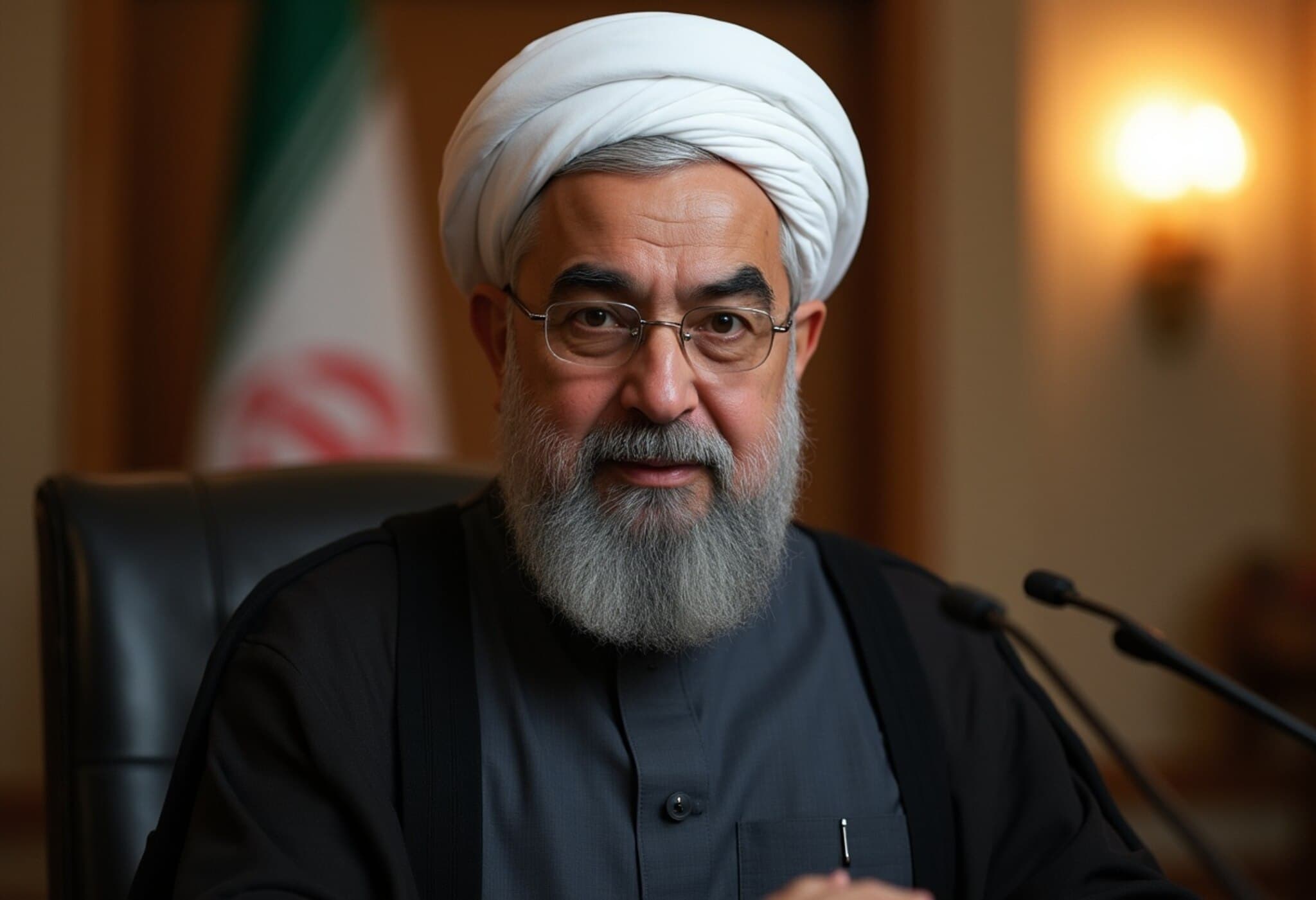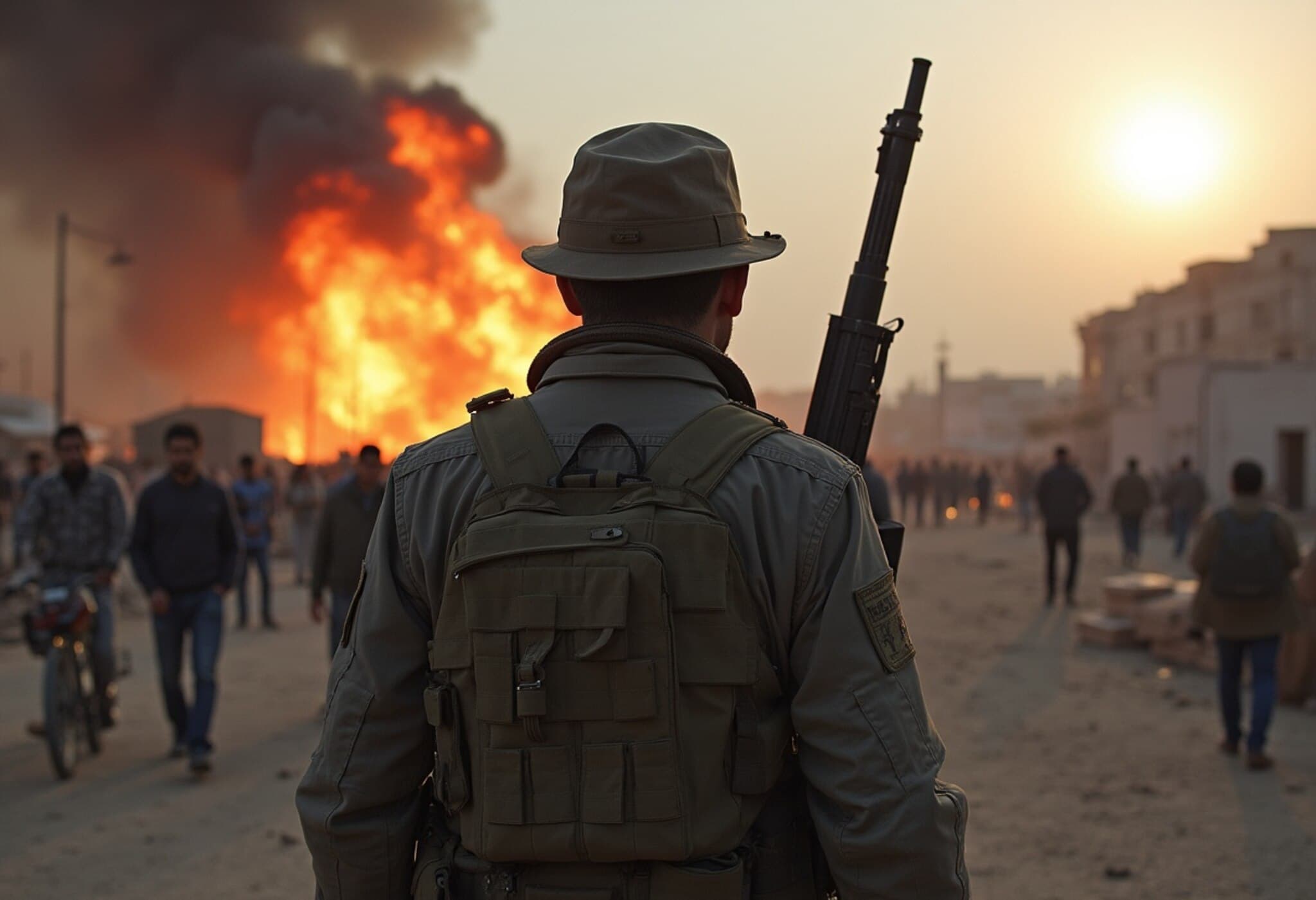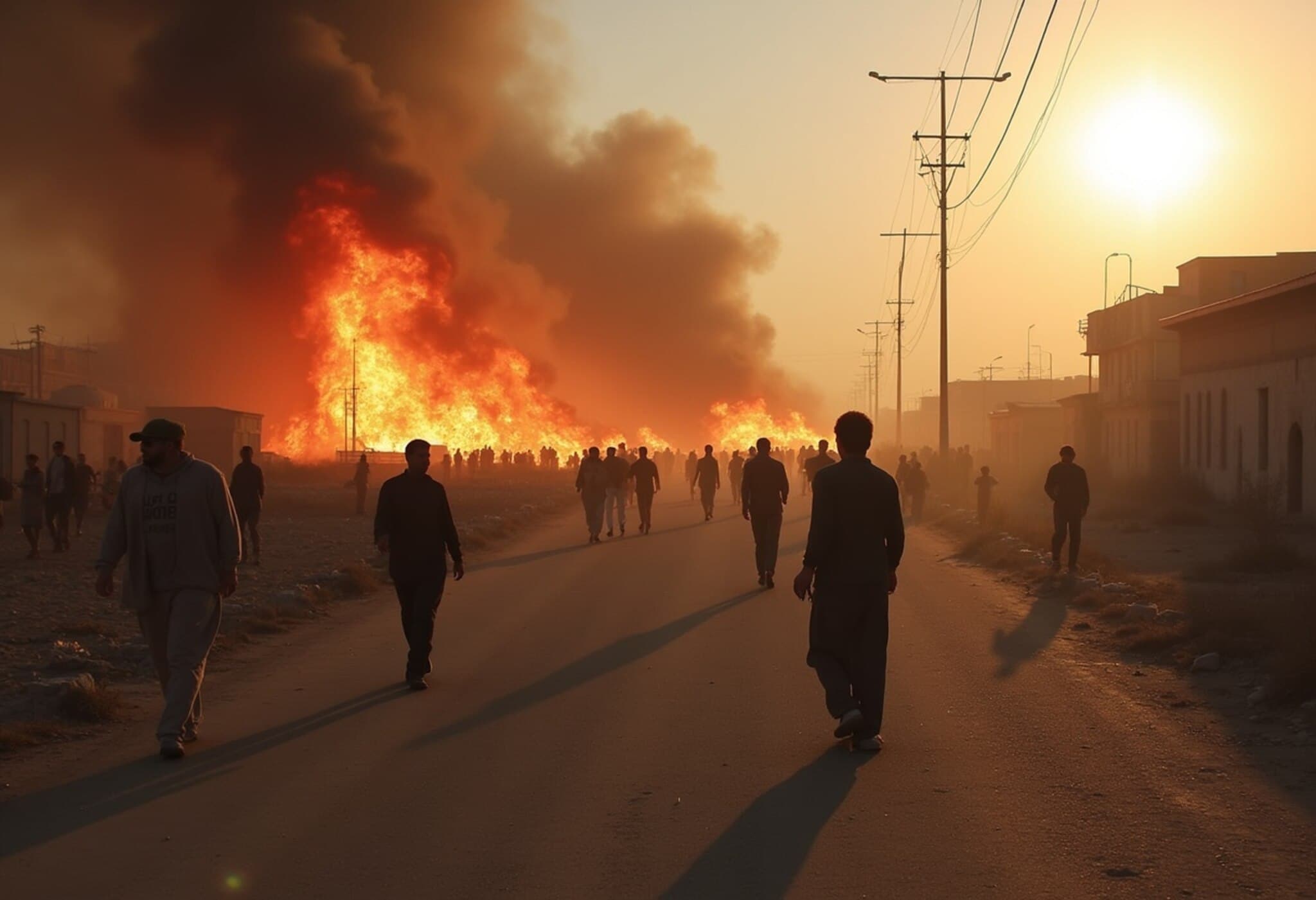Alberta Premier Danielle Smith Pushes for Terrorist Designation of Lawrence Bishnoi Gang
In a decisive move underscoring growing concerns over transnational crime, Alberta Premier Danielle Smith has publicly urged the Canadian federal government to classify the Lawrence Bishnoi Gang as a terrorist entity. The gang is notorious for its violent footprint stretching from the Indian subcontinent to Canadian soil.
Background: The Gang's Notorious Global Reach
The gang, implicated in the assassination of Punjabi singer Sidhu Moosewala and several other high-profile murders in India, has established a strong network extending into Canada. Smith described the organization as a "transnational criminal network" involved in extortion, drug trafficking, and targeted killings distributed across provinces including Alberta, British Columbia, and Ontario.
Premier Smith's Call to Action
Smith's statement, shared via social media on July 15th, highlighted the urgent need for enhanced legal frameworks to combat the gang's activities. She emphasized that terrorist designation would grant law enforcement agencies, at provincial and municipal levels, crucial powers to disrupt and dismantle the gang’s operations effectively.
“The Lawrence Bishnoi Gang is a transnational criminal network responsible for violence, extortion, drug trafficking and targeted killings, including here in Canada. Its reach is global, and its intent is criminal and violent,” Smith declared.
She specifically urged Prime Minister Mark J. Carney and the federal government to act swiftly, framing the issue as critical to the safety of Albertans and Canadians broadly.
Echoing the Call: British Columbia’s Involvement
Earlier in June, British Columbia Premier David Eby made similar appeals, describing the Bishnoi gang’s expanding influence within the country and warning it poses a significant threat to the South Asian communities in particular. Eby argued that current policing powers fall short in addressing the gang’s transnational crime scope effectively without a formal terrorist classification.
Why Terrorist Designation Matters in Canada
- Enhanced Legal Tools: Terrorist designation allows authorities to leverage stricter surveillance, asset freezes, and other counterterrorism measures.
- Improved Interagency Cooperation: Federal, provincial, and municipal agencies can share intelligence and resources more seamlessly.
- Public Safety Assurance: Helps protect communities vulnerable to gang violence and intimidation tactics.
Expert Perspective: The Broader Implications
Experts in Canadian security note that designating such groups as terrorist entities is a complex process involving extensive evidence gathering and balancing civil liberties. Yet, the Bishnoi gang’s evolution—from organized crime syndicate to an entity projecting intimidation through violence internationally—raises pressing questions about Canada's preparedness to counter new forms of transnational threats.
Economically, unchecked gang activity can hinder investment confidence and community development, while socially, it exacerbates fear among immigrant populations and minority groups already navigating integration challenges.
Moving Forward: A Call for Comprehensive Strategy
The debate surrounding the Bishnoi gang spotlights a broader need for comprehensive, nuanced strategies that combine law enforcement, community engagement, and international cooperation. As Alberta and British Columbia align their calls for federal intervention, Canada faces the challenge of adapting its legal and security frameworks to better tackle the multifaceted risks posed by such globalized criminal entities.
What This Means for Canadians
For everyday Canadians, Smith’s call signals a commitment to taking gang violence seriously and acknowledges the real dangers communities face. However, it also opens discussions on how governments must balance aggressive counter-terror measures with protecting individual rights and fostering trust within diverse communities.
Editor's Note
The push to designate the Lawrence Bishnoi Gang as a terrorist entity is more than a legal maneuver; it reflects the evolving challenges of globalized crime impacting Canadian society. While the effectiveness of such a label depends on its implementation, it underscores an urgent need for broader policy innovation that addresses transnational violence holistically. Readers are encouraged to consider how criminal networks exploiting international borders challenge law enforcement and what it means for community safety and civil liberties in Canada—and beyond.

















